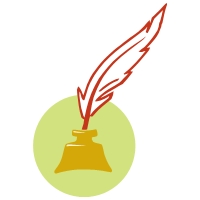
This one even makes me think.
Collections either comprise a list of their parts or are composed of their parts.
Compose comes from the Old French word composer, which meant “to arrange or put together.” Think of a conductor bringing together all the instruments to compose a symphony.
Comprise comes from a French word that means “include.” In English, it can mean “to include, contain, or consist of.”
An easy way to remember which of these words is correct, think of a deck of cards.
A full deck of cards is usually composed of 52 cards, not including the Jokers.
A full deck usually composes 52 cards.
Typically, the correct form you’re looking for is composed of.





You must be logged in to post a comment.